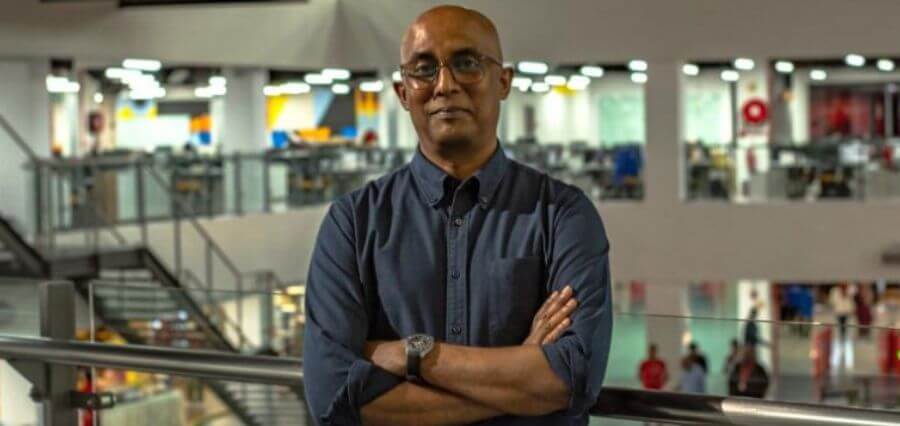High airfares are expected to persist in the post-pandemic travel boom, according to Asia’s largest low-cost carrier, AirAsia. While travellers may see some relief next year due to declining jet fuel prices and increased flight capacity, AirAsia Aviation CEO Bo Lingam suggests that airfares won’t revert to pre-pandemic levels anytime soon due to strong demand.
“Our load factor is around 90% — this was unheard of pre-Covid,” Lingam, 59, said during an interview at the company’s headquarters in Sepang, Malaysia.
The global aviation industry has experienced significant changes as post-pandemic reopening triggered a surge in travel demand, driving ticket prices up faster than inflation in many regions. Additionally, supply chain issues such as aircraft delivery delays and unplanned engine maintenance have hindered many airlines from expanding their flight offerings.
For AirAsia, this demand supports its goal to create the world’s first low-cost carrier network by 2030, using its Southeast Asia bases as a hub. This year, the airline has added flights to Almaty, Kazakhstan, and launched operations in Cambodia. In October, it plans to start flights to Nairobi, Kenya.
The airline’s long-haul routes will be serviced by Airbus SE’s new long-range A321 models, which offer economical long-distance travel. Lingam mentioned that AirAsia plans to convert its entire 377-plane orderbook to A321 LR models and has separately ordered 50 XLR models.
“The cost of operating the aircraft is much cheaper — at least 25% to 30% cheaper — because it’s single aisle and you don’t need to worry about filling up 500 seats, as opposed to 240 seats,” Lingam said.
Lingam also assured that there would be “no changes” in AirAsia’s operations when founder Tony Fernandes moves to an advisory role following the merger and focuses on non-aviation businesses under Capital A Bhd. Although he hasn’t begun his new role, Lingam, who has worked with Fernandes for over three decades, is already planning his succession. He aims to pass on his expertise to his two deputy CEOs, Chester Voo and Farouk Kamal, over the next five years.
Read More: Click Here





